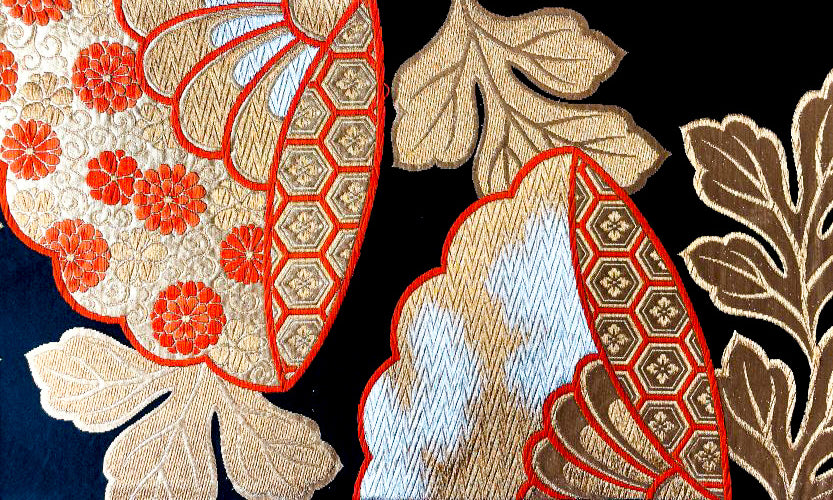この帯に描かれている柄・文様
Japanese patterns and motifs used in this obi
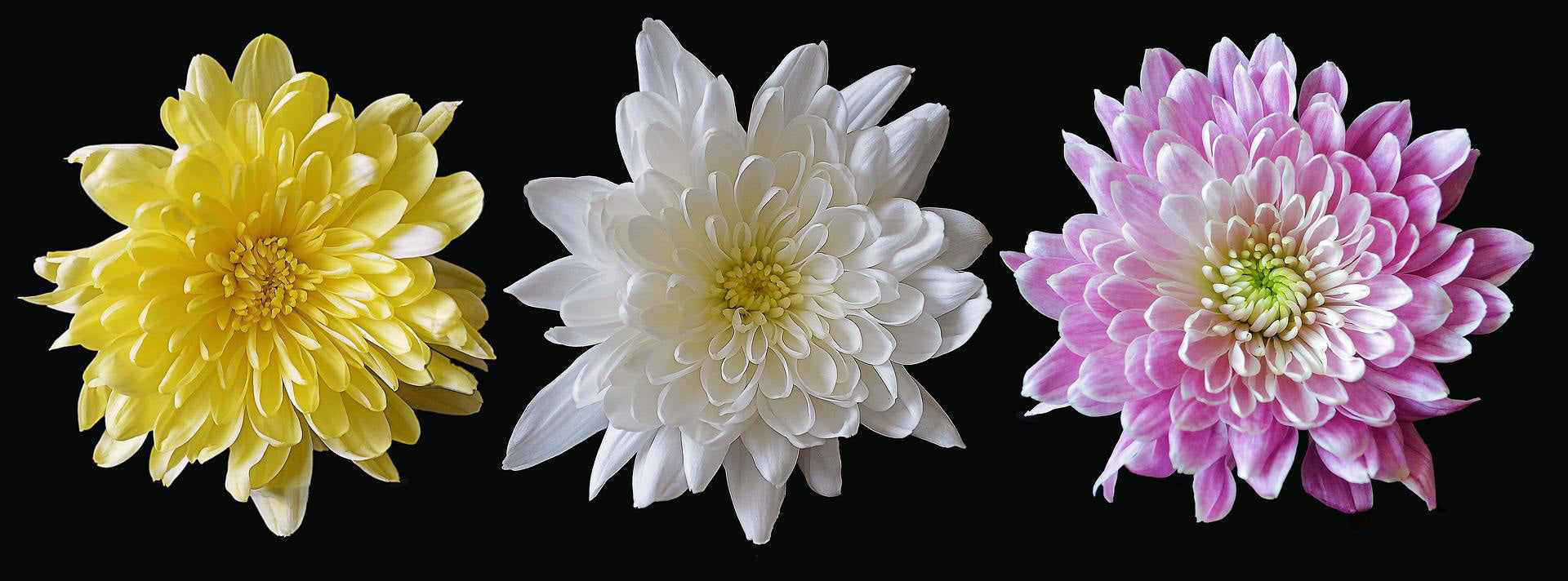
菊
Chrysanthemum
Introduced from China from the Nara period to the Heian period.
A typical plant that symbolizes longevity based on traditional Japanese play “Noh”.
A typical plant that symbolizes longevity based on traditional Japanese play “Noh”.
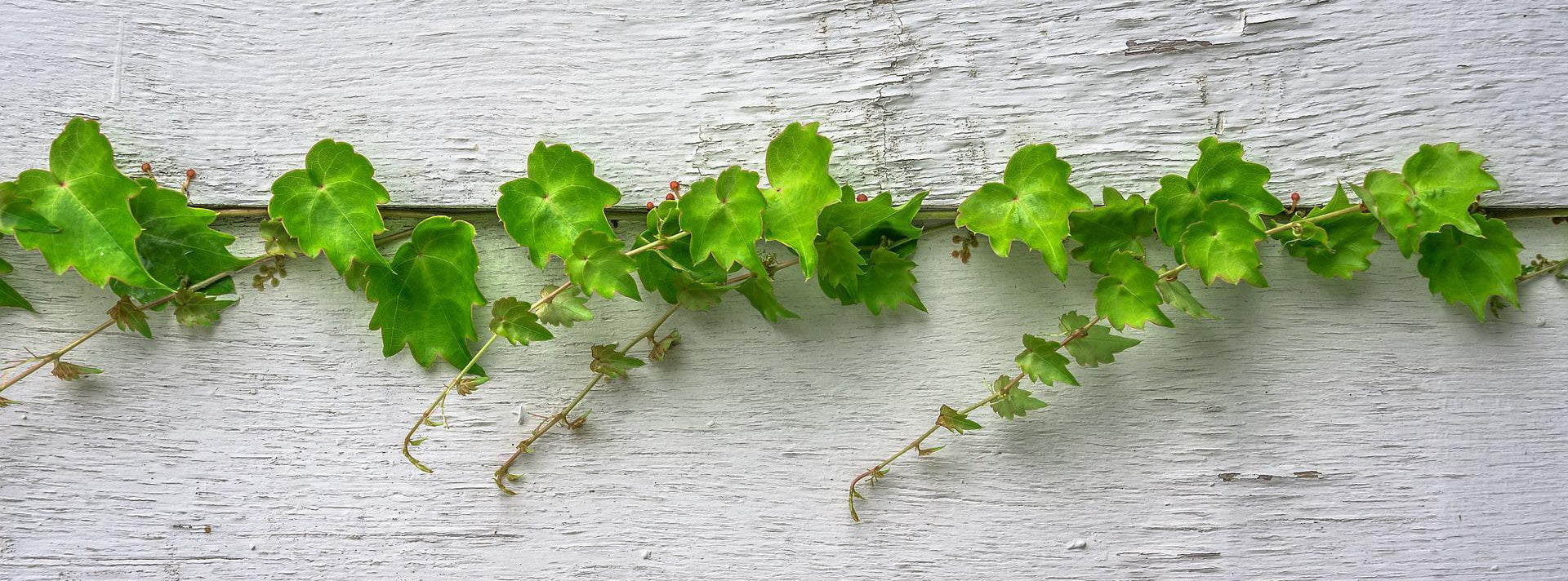
唐草
Chinese plants and vines
It is a pattern in which vines are entwined and draw a curve.
Flowers and fruits are also included as well as grass.
Some said this pattern were originated in Greece and Rome.
Flowers and fruits are also included as well as grass.
Some said this pattern were originated in Greece and Rome.
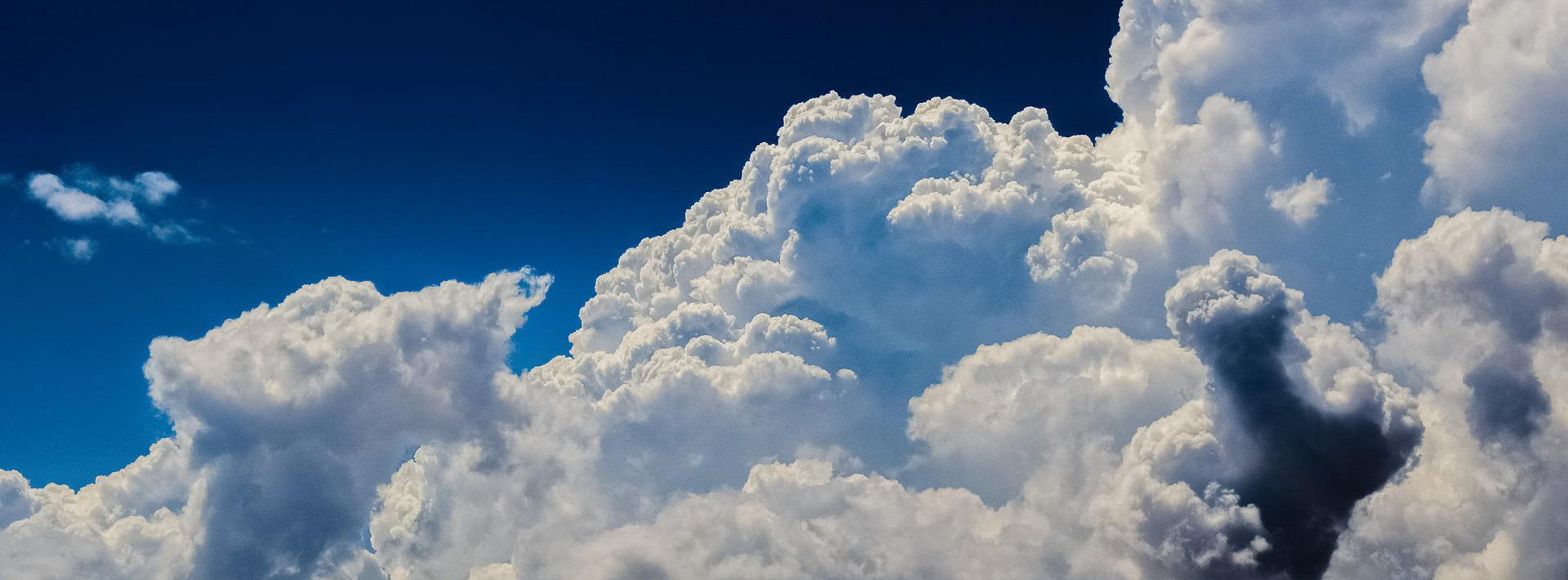
雲
Cloud
Based on ancient Chinese thoughts, people in the old days thought that these mysterious clouds contained gods and spirits, since clouds make...
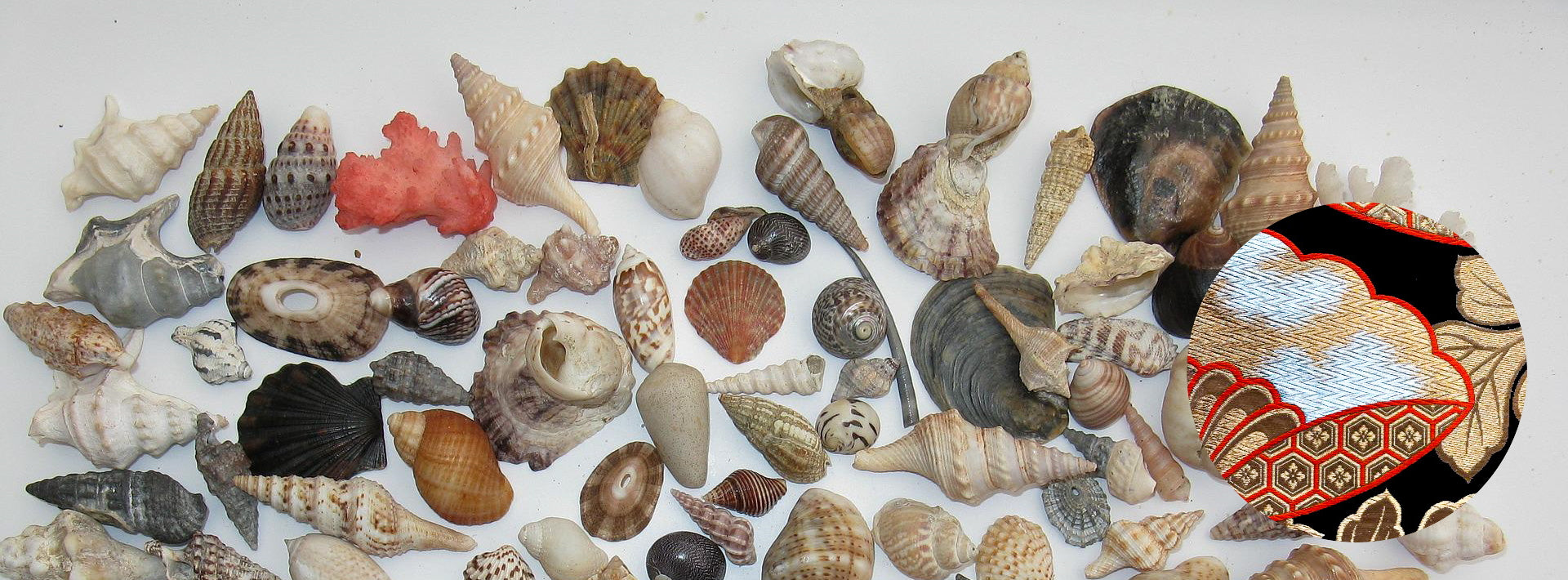
貝
Shellfish
Shellfish symbolize life and fertility all over the world and have been regarded as valuable in Japan as well.
Shells used in patterns in Japan...
Shells used in patterns in Japan...
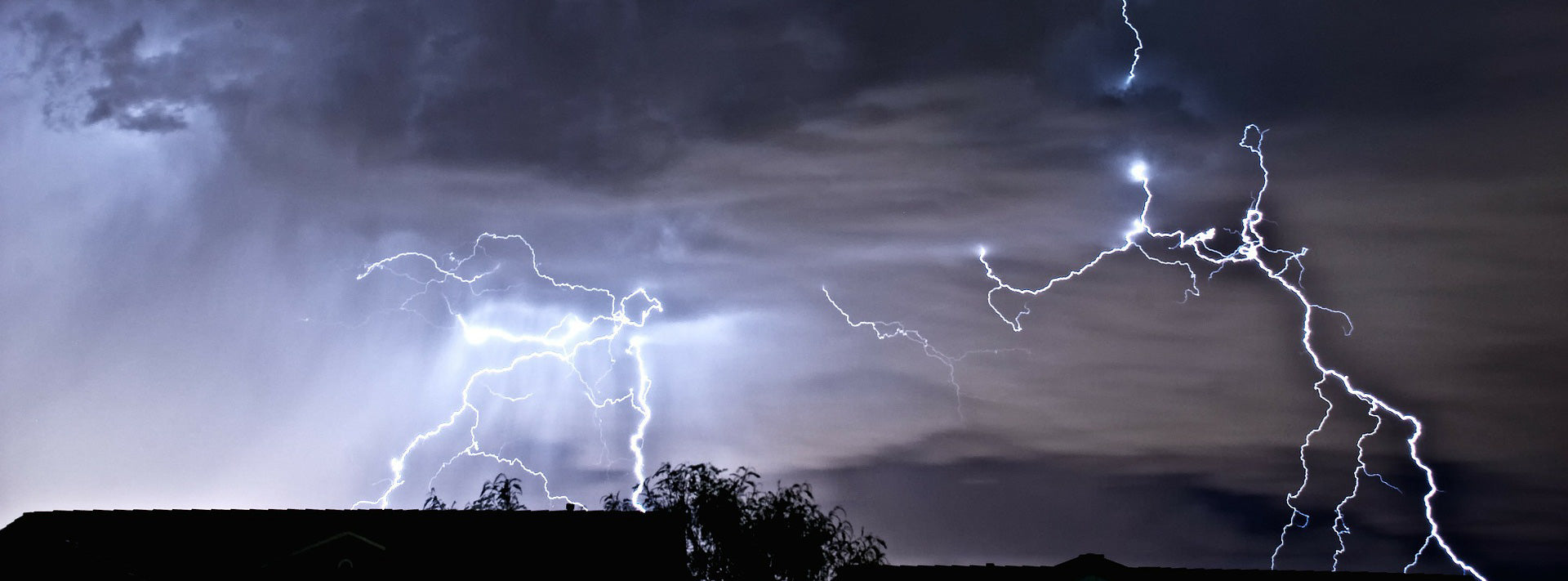
稲妻
Thunder
Represents thunder and lightning.
In the Momoyama period, actors who play rough roles often wear kimono with this pattern.
In the Momoyama period, actors who play rough roles often wear kimono with this pattern.
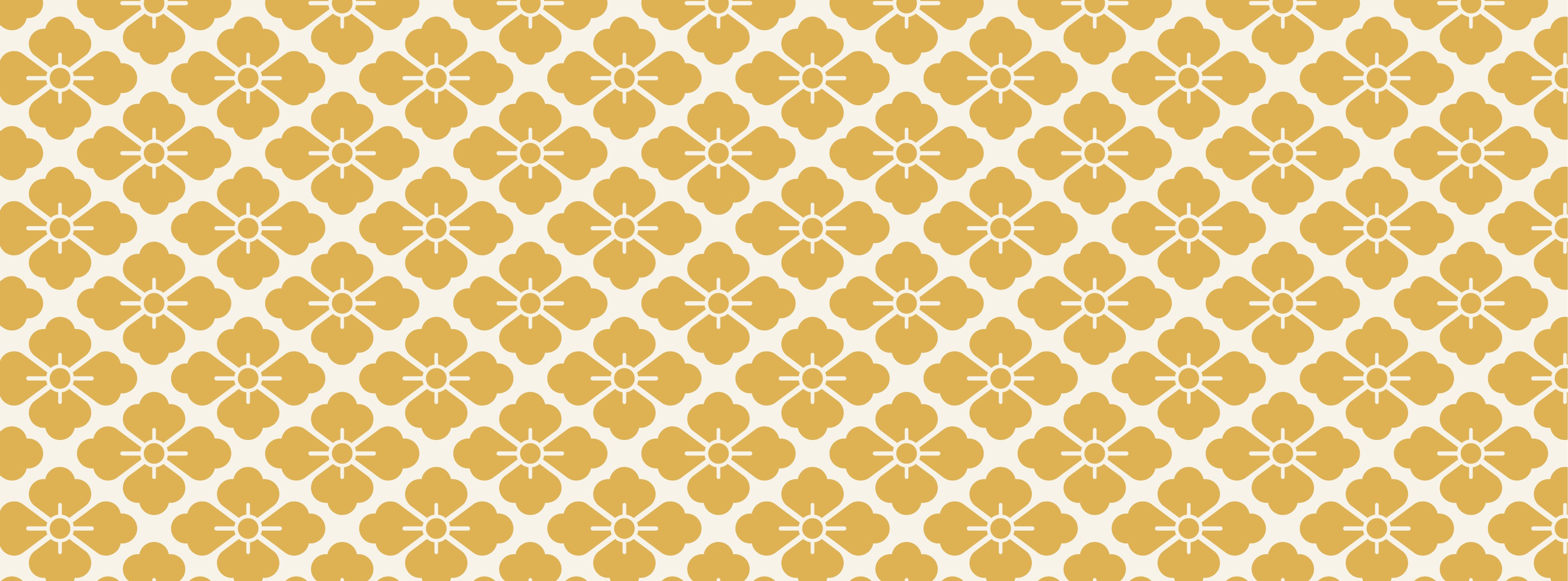
花菱
Flower Box
A pattern with 4 petals in a diamond, and it may be used in combination with other patterns.
Many variations have been introduced.
Many variations have been introduced.
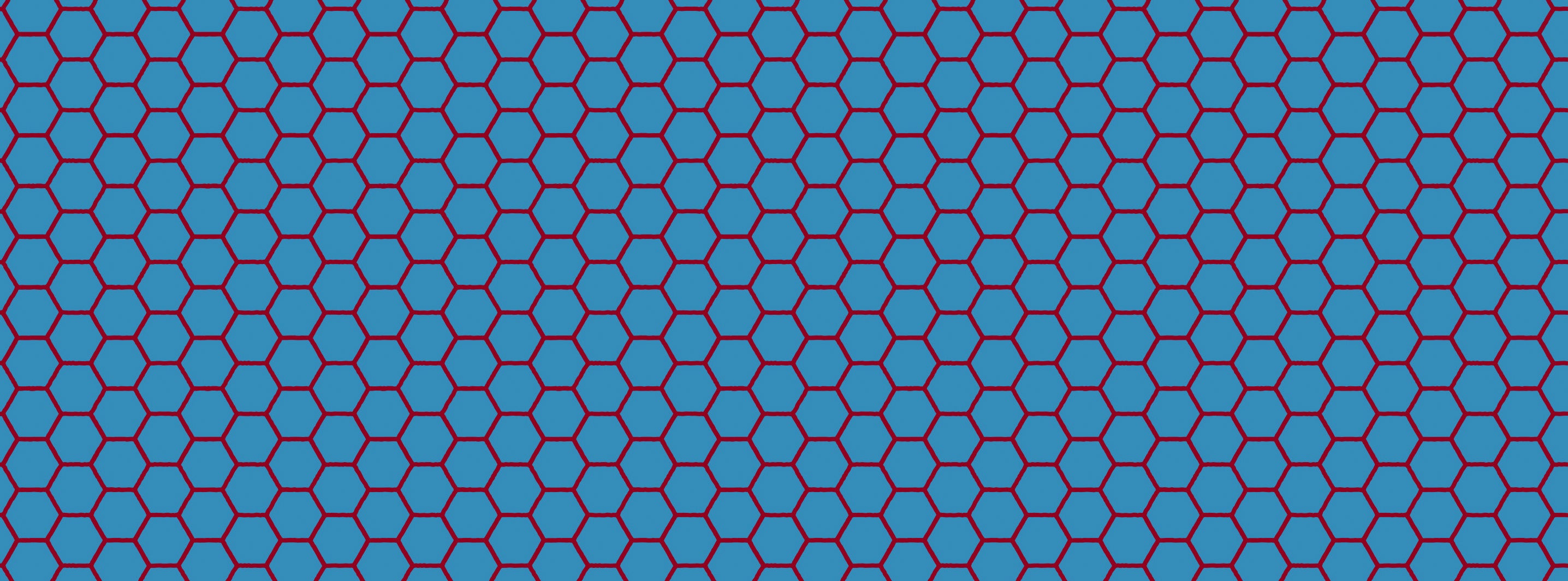
亀甲
Tortoise Connection
kikkou=tortoiseshell, Tsunagi=connection.
Turtles have long been treated as a symbol of longevity.
Turtles have long been treated as a symbol of longevity.
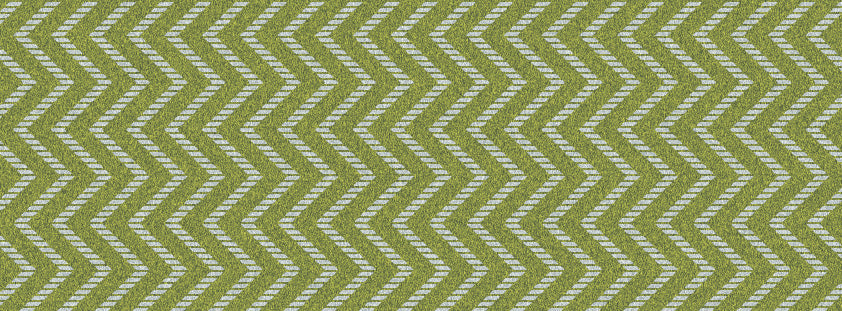
山路
Mountain road
Of the geometric patterns, a type of "Yamamichi pattern" that resembles a zigzag line as a mountain.
It brings out the main pattern and gives rhythm and unity to the whole.
It brings out the main pattern and gives rhythm and unity to the whole.

